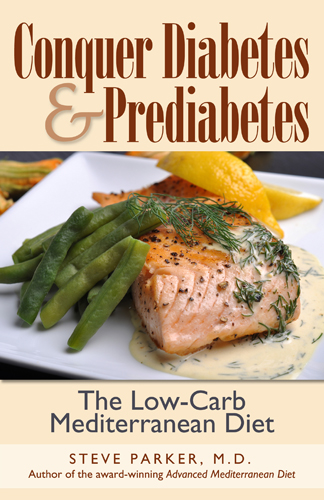October 1, 2024 · 3:58 AM

We’ve heard or suspected for years that complete meals are more healthy for us than processed and ultra-processed meals. However is it true?
The British Medical Journal earlier this 12 months printed a examine concluding that:
…the next consumption of ultra-processed meals was related to barely increased all trigger mortality, pushed by causes aside from most cancers and cardiovascular illnesses. The associations different throughout subgroups of ultra-processed meals, with meat/poultry/seafood based mostly ready-to-eat merchandise displaying notably robust associations with mortality.
You’ll be able to learn the examine for your self free on-line. Did Large Meals (e.g., Archer Daniels Midland, Con-Agra, Monsanto) exert any stress on the researchers. I dunno.
From the Intro:
Extremely-processed meals are ready-to-eat/warmth industrial formulations made largely or totally from substances derived from meals, together with flavors, colours, texturizers, and different components, with little if any intact complete meals.1Extremely-processed meals, that are usually of low dietary high quality and excessive vitality density, have been dominating the meals provide of excessive revenue nations, and their consumption is markedly growing in center revenue nations.2 Extremely-processed meals consumption accounts for 57% of each day vitality consumption amongst adults and 67% amongst youths within the US based on the Nationwide Well being and Diet Examination Survey (NHANES).34
Extremely-processed meals normally disproportionately contribute added sugars, sodium, saturated fat and trans fat, and refined carbohydrates to the weight loss plan along with low fiber.56 In addition to having low dietary high quality, ultra-processed meals might comprise dangerous substances, comparable to components and contaminants shaped throughout the processing.
Neurologist Steven Novella wrote a short submit about this examine over at Science-Based mostly Drugs. You may additionally discover the remark part there enlightening.
Steve Parker, M.D.
